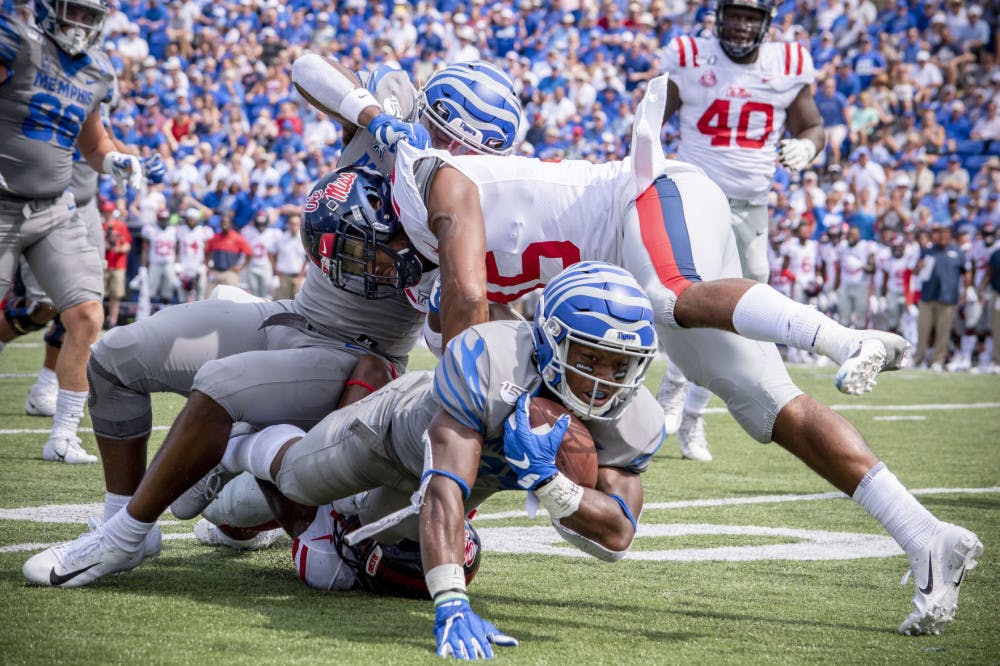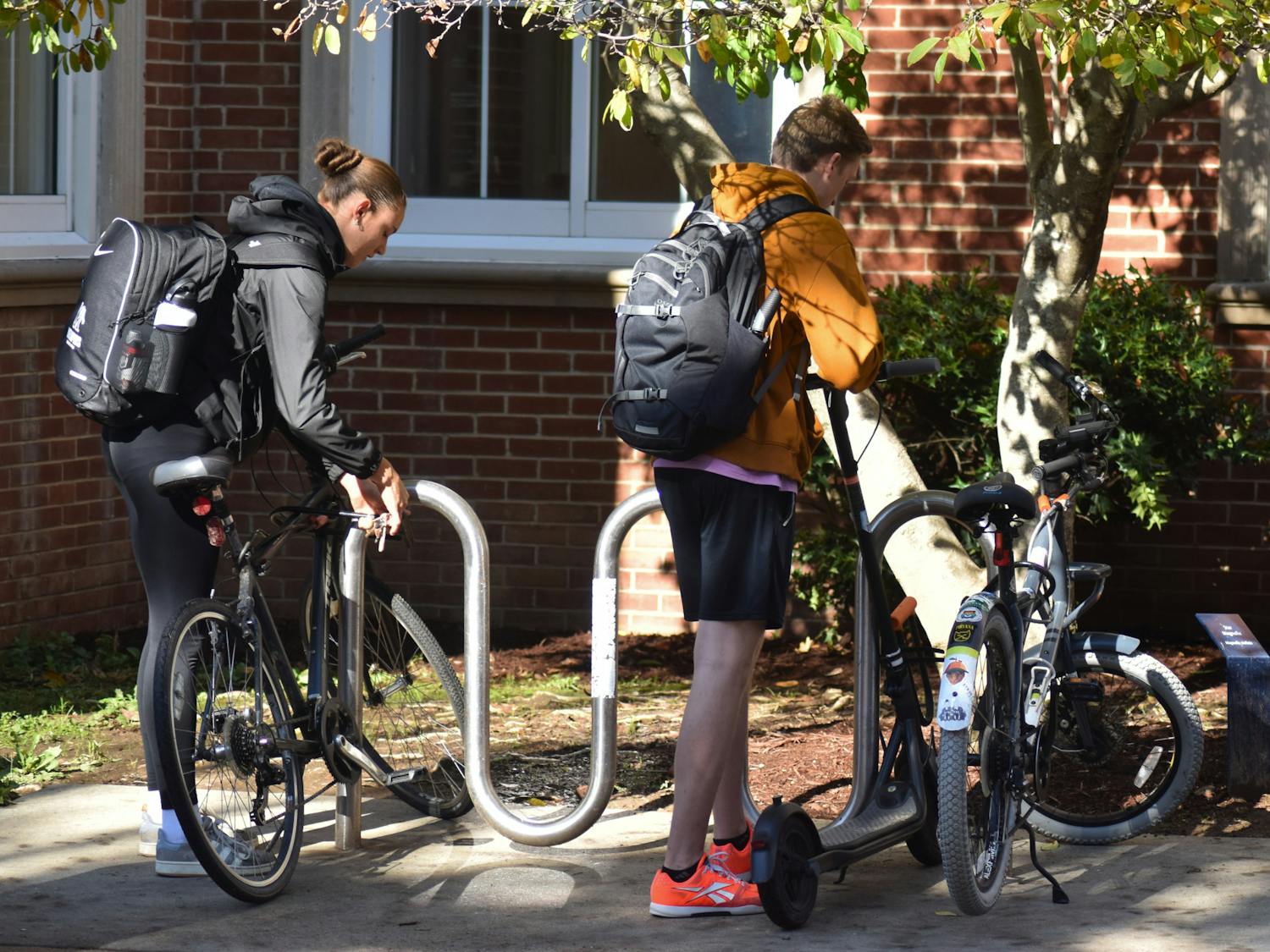A major victory for current and future NCAA athletes occurred Tuesday afternoon when the NCAA ruled student athletes will be able to earn compensation based off of their name, image and likeness.
The NCAA governing board voted unanimously for the proposal, which will go into effect January, 2021. However, student athletes cannot be considered employees by their respective universities. The NCAA consists of three divisions: Division 1, Division 2 and Division 3. Each division must correlate and make decisions on the amount of compensation that will be beneficial to both the institution and the athletes. Among those affected by the recent decision is Calvin Austin III, a University of Memphis dual athlete competing for both the football and track and field programs.
“I think it’s showing the athletes that the NCAA truly does care,” Austin said. “Going into 2021, I feel there will be more talk and more information coming out on how this will all play out.”
The decision to compensate college athletes contradicts the actions of the NCAA in the past. The NCAA has been steadfast against paying college athletes for years due to its insistence of preserving amateurism.
In September 2019, California became the first state to pass a law that would grant student athletes the opportunity to receive endorsement deals and hire sports agents. When Gov. Gavin Newsom signed the “Fair Pay to Play Act” into effect, the proposal was highly disputed by the NCAA. However, the governing body of college sport seems to have had a change of heart, at least in some areas. The California law is slated to come into effect in 2023.
“I don’t think it will have a huge effect on big name athletes that want to enter the draft and turn professional,” Austin said. “There are athletes who are in between going professional and staying in college. These athletes will probably choose to stay since they are being paid.”
The decision by the NCAA to explore ways to give compensation comes after the NFL Players Association and National College Players Association announced Monday that they would be collaborating on how both organizations can contribute to athletes receiving some sort of compensation for their services.
UofM track athlete Austin Jackson said by allowing college athletes to be paid for their image and likeness, the athletes gain invaluable experience as they are exposed to what life as a professional athlete is like.
“Being able to get paid for your image and likeness allows athletes to get some of the recognition they deserve,” Jackson said. “I find it unfair how colleges can make millions of dollars off big name athletes while these athletes get no percentage of that money.”
Kenneth Gainwell reaches for more yardage. Gainwell had a historic game against Tulane where he was the first player since 1997 to have 100+ rushing yards and 200+ receiving yards in a game.






